India formally repeals three farm laws after a year of protests
India’s government has formally repealed three controversial farm laws that sparked more than a year of protests around the country, nearly two weeks after Prime Minister Narendra Modi announced that the laws would be rolled back.
Indian President Ram Nath Kovind signed a bill repealing the laws late on Wednesday, after the lower and upper houses of parliament passed the bill on the opening day of the winter session earlier this week.
Since November 2020, tens of thousands of farmers from several Indian states had been camping on the outskirts of the capital, calling on the right-wing government to repeal the three laws meant to “overhaul procurement procedures” and “grant” farmers more options to sell their products.
Modi’s government had passed the three contentious laws in September 2020, saying they were aimed at “modernizing” agriculture. The government claimed the legislation would benefit the farmers by increasing their income and giving them more choices when selling their produce.
Farmers were opposed to the government-proposed agricultural reforms, calling them “anti-farm.” They believed the three new laws would mean a corporate takeover of their livelihoods and would eventually lead to black marketing. They also demanded a legal guarantee on minimum support prices (MSP) for their crops, to protect them from the full force of the free market.
Farmers in India often work in notoriously precarious conditions, and many thousands commit suicide each year because they are unable to pay off debts incurred from being forced to sell their crops at “market prices.”
The farmer protests included the largest strike in world history, with 250 million farmers, workers, and allies walking out on November 26, 2020. On November 19, the Indian government repealed the farm bills, signaling a massive victory for the hundreds of millions of farmers who had opposed them.
The protests, however, remain ongoing as farmers say they have a list of other demands that have not been met. They say the protests would only be called off when the government promises legislation on MSPs to be extended to all agricultural products and the government withdraws legal action against some farmers and pays compensation to the families of hundreds of farmers who have died as a result of the civil action.
Farmers are considered the biggest voting bloc in India, as the agricultural sector sustains about 58% of India’s 1.3 billion citizens.
Modi’s reversal came ahead of important elections early next year to determine whether the Bharatiya Janata Party (BJP) will retain power. BJP currently governs six of the seven states, such as Uttar Pradesh and Punjab, both of which are home to large numbers of farmers.
D-8’s role in Iran’s economy after Cairo summit
China slams US as ‘war-addicted’ threat to global security
China ‘firmly opposes’ US military aid to Taiwan
VIDEO | Press TV's News Headlines
President Yoon Suk Yeol to be removed from office
At least 19 Gazans killed by Israeli airstrikes since dawn: Medics
Leader: Iran neither has nor needs proxy forces
US fighter aircraft shot down ‘in friendly fire’ amid aggression on Yemen


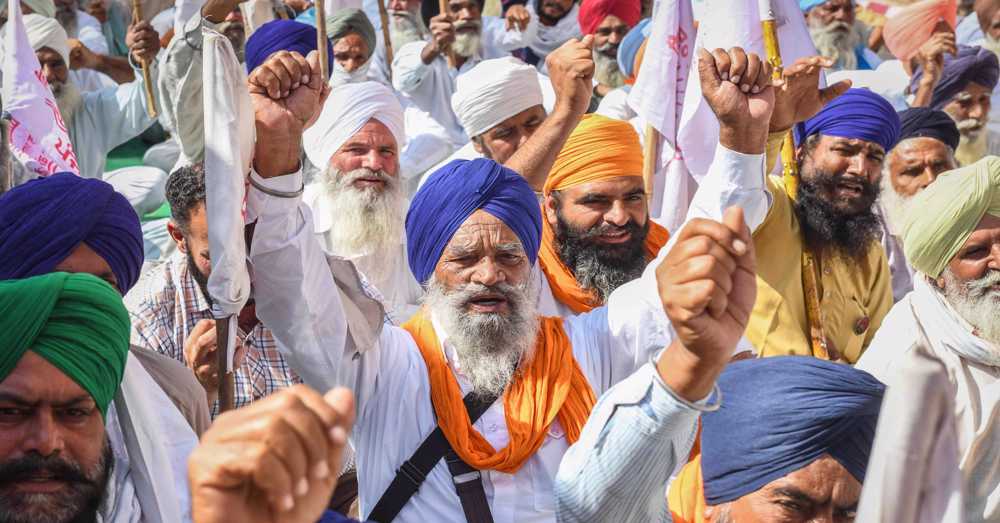
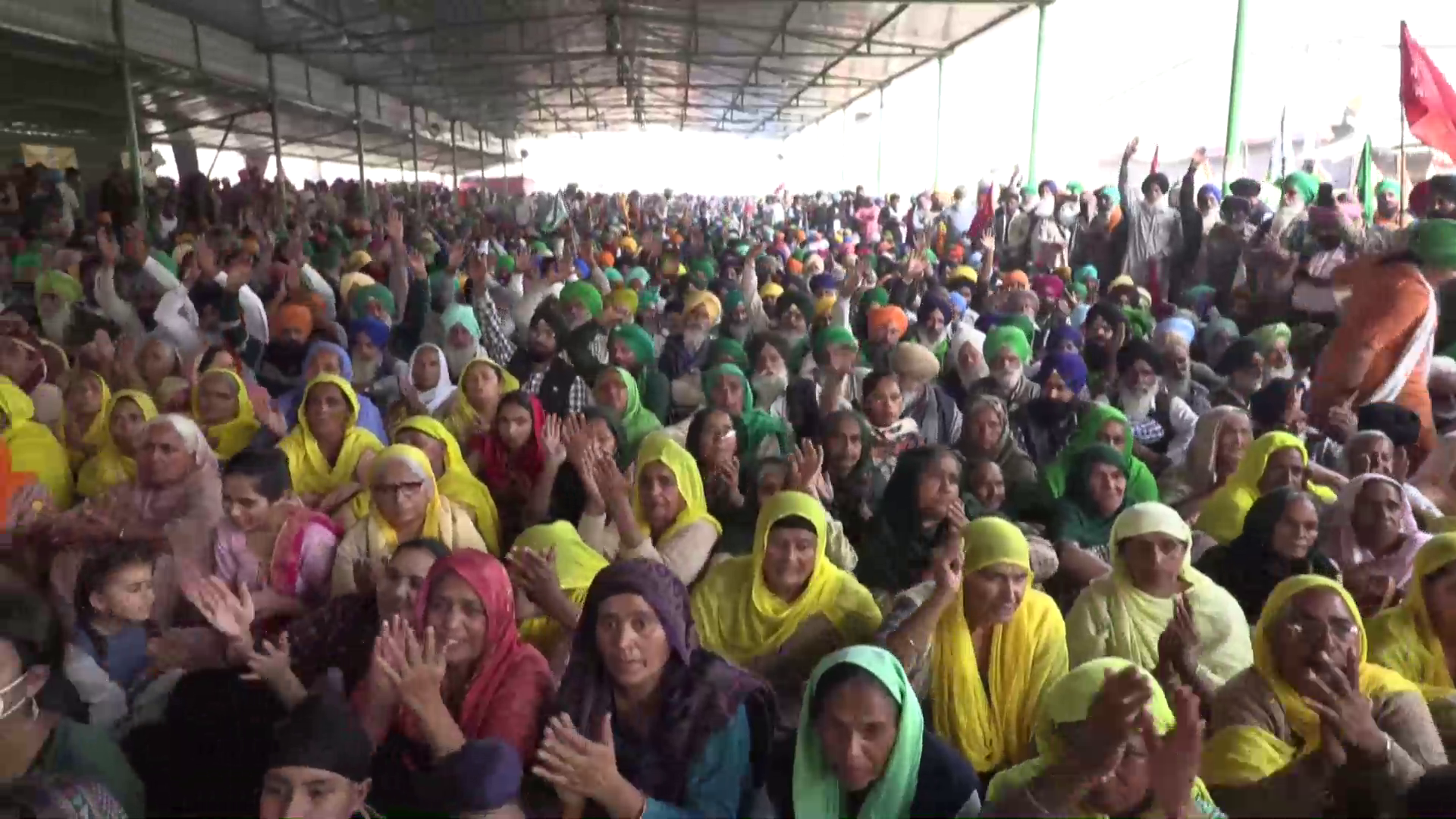
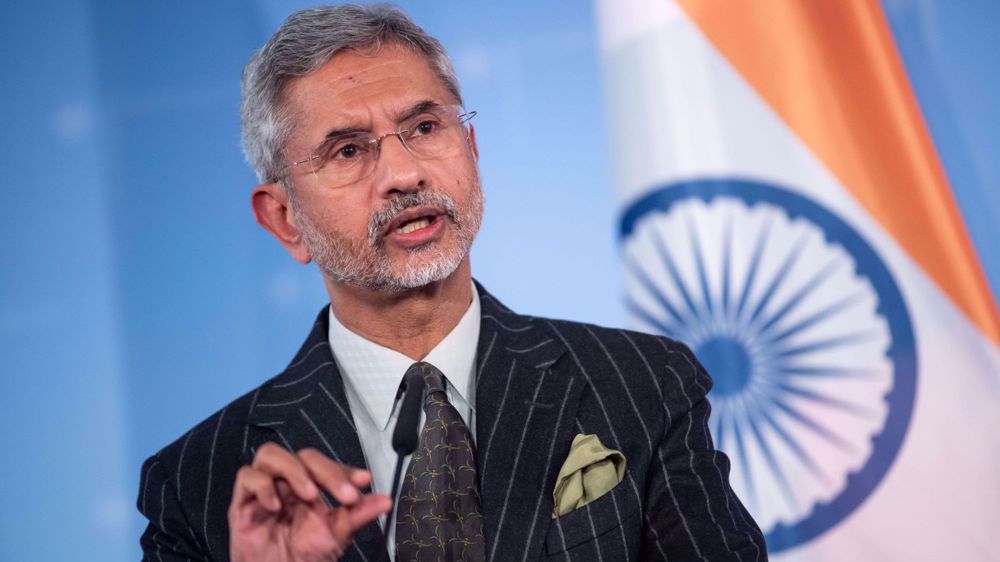
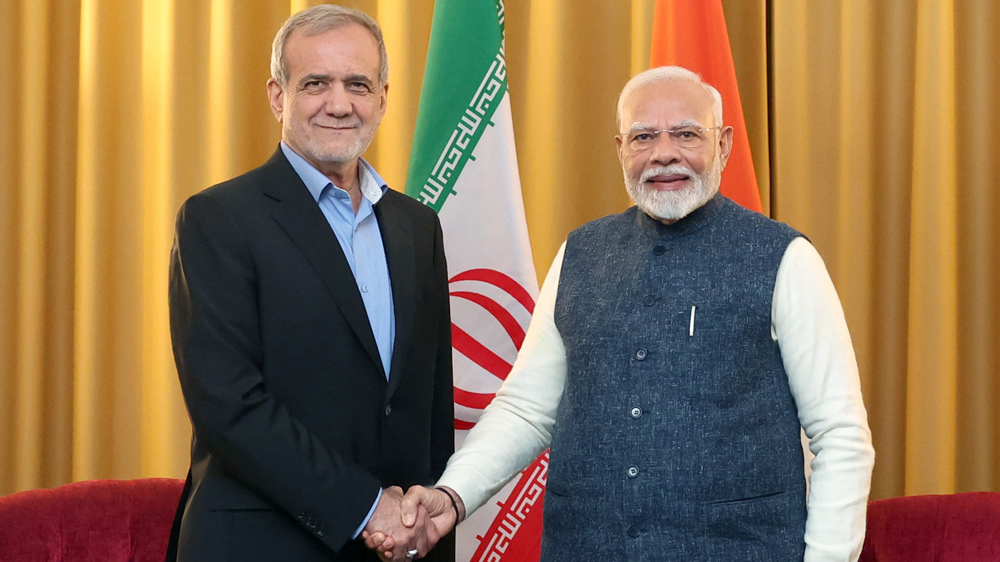




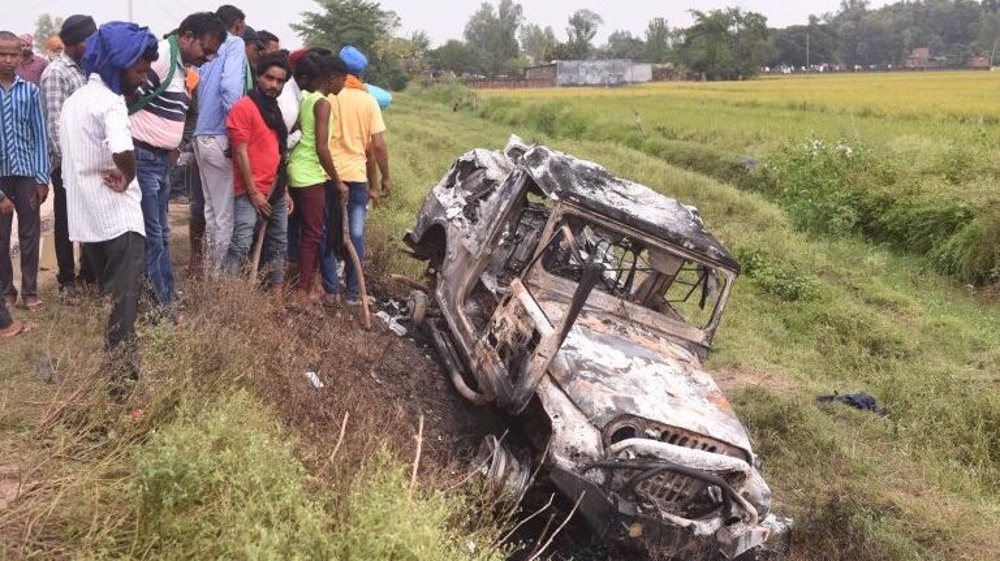
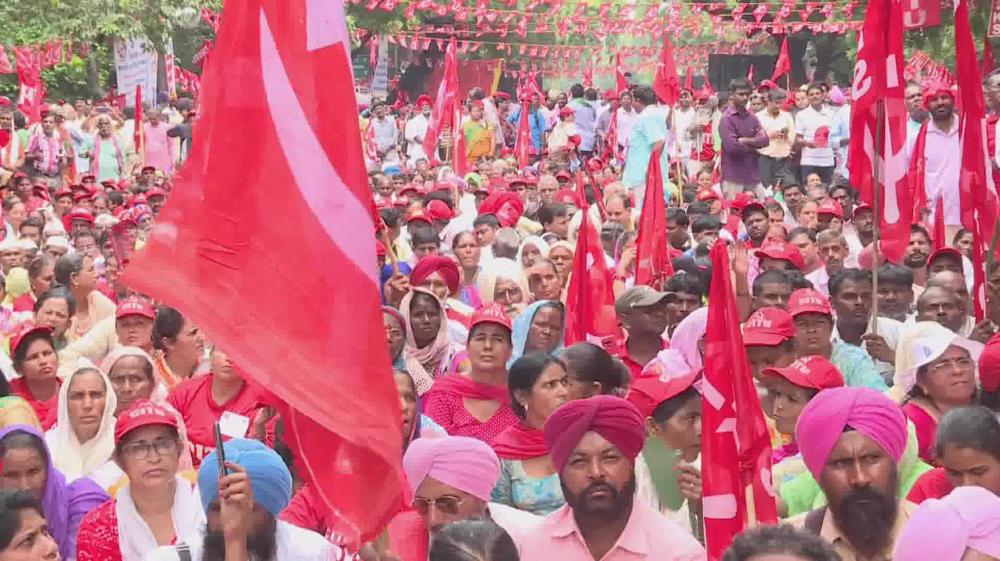
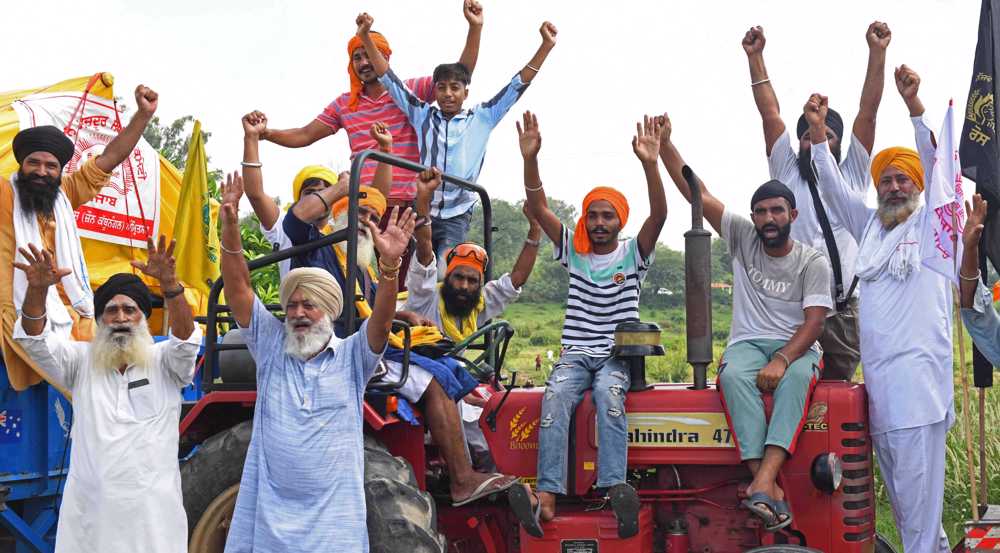

 This makes it easy to access the Press TV website
This makes it easy to access the Press TV website